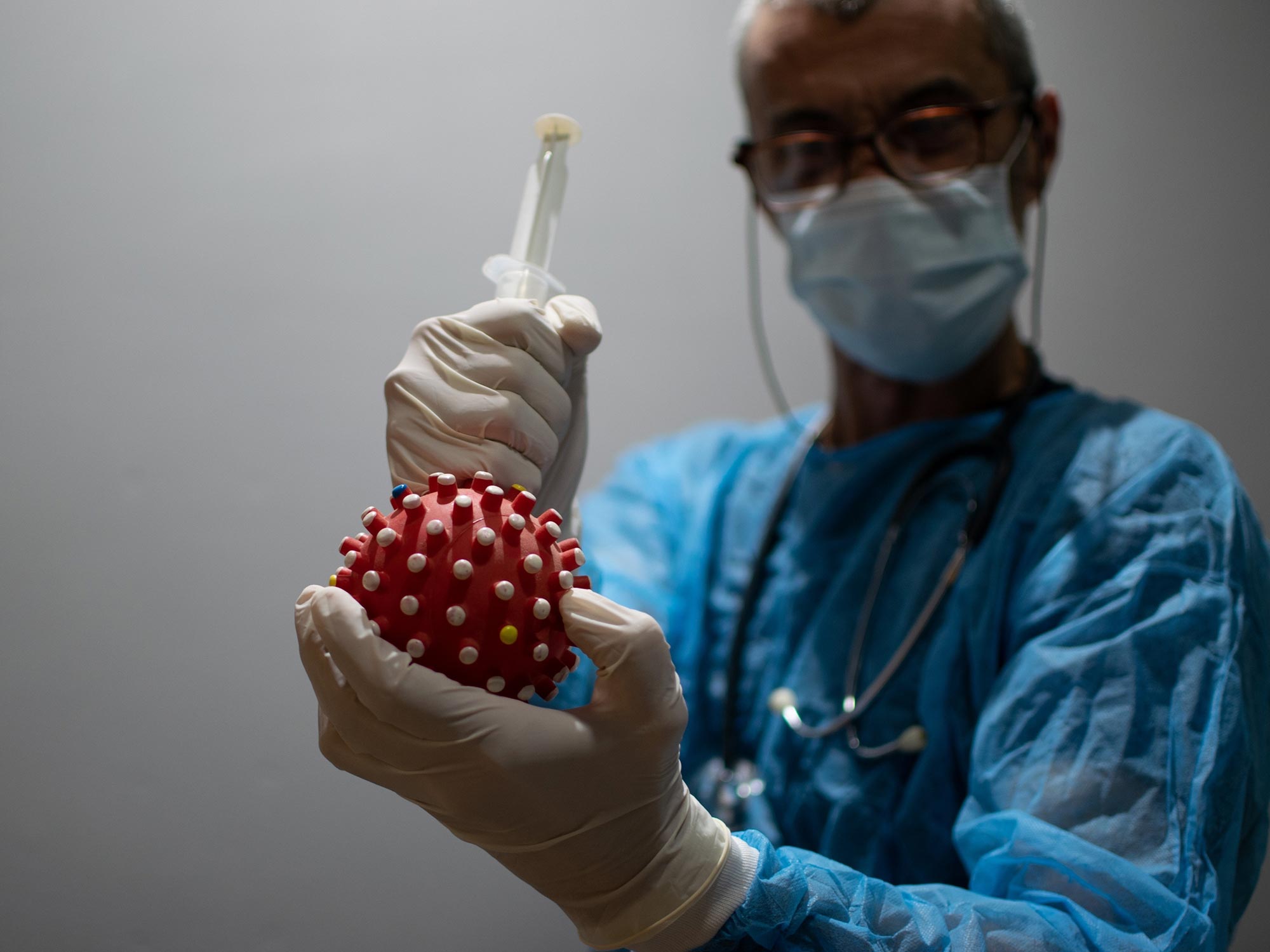
While the scientists found significantly more trial participants who received the vaccine reported adverse events, nearly a third of participants who received the placebo also reported at least one adverse event, with headache and fatigue being the most common.
“Collecting systematic evidence regarding these nocebo responses in vaccine trials is important for COVID-19 vaccination worldwide, especially because concern about side effects is reported to be a reason for vaccine hesitancy.”.
The 12 trials included adverse effects reports from 22,578 placebo recipients and 22,802 vaccine recipients.
After the first injection, more than 35 percent of placebo recipients experienced systemic adverse events – symptoms affecting the entire body, such as fever – with headache and fatigue most common at 19.6 percent and 16.7 percent, respectively.
Sixteen percent of placebo recipients reported at least one local event, such as pain at site of injection, redness, or swelling.
In comparison after the first injection, 46 percent of vaccine recipients experienced at least one systemic adverse event and two-thirds of them reported at least one local event.While this group received a pharmacologically active treatment, at least some of their adverse events are attributable to the placebo – or in this case, nocebo – effect, as well given that many of these effects also occurred in the placebo group.
Haas and colleagues’ analysis suggested that nocebo accounted for 76 percent of all adverse events in the vaccine group and nearly a quarter of all local effects reported.
After the second dose, adverse events among the placebo group dipped to 32 percent reporting any systemic events and 12 percent reporting any local effects.In contrast, participants who received the vaccine reported more side effects, with 61 percent reporting systemic adverse events and 73 percent reporting local adverse events.
The researchers calculated that nocebo accounted for nearly 52 percent of the side effects reported after the second dose.
While the reason for this relative decline in nocebo effects cannot be confirmed, the researchers believe that the higher rate of adverse events in the vaccine group the first time may have led participants to anticipate more the second time.
Reference: “Frequency of Adverse Events in the Placebo Arms of COVID-19 Vaccine Trials” 18 January 2022, JAMA Network Open.